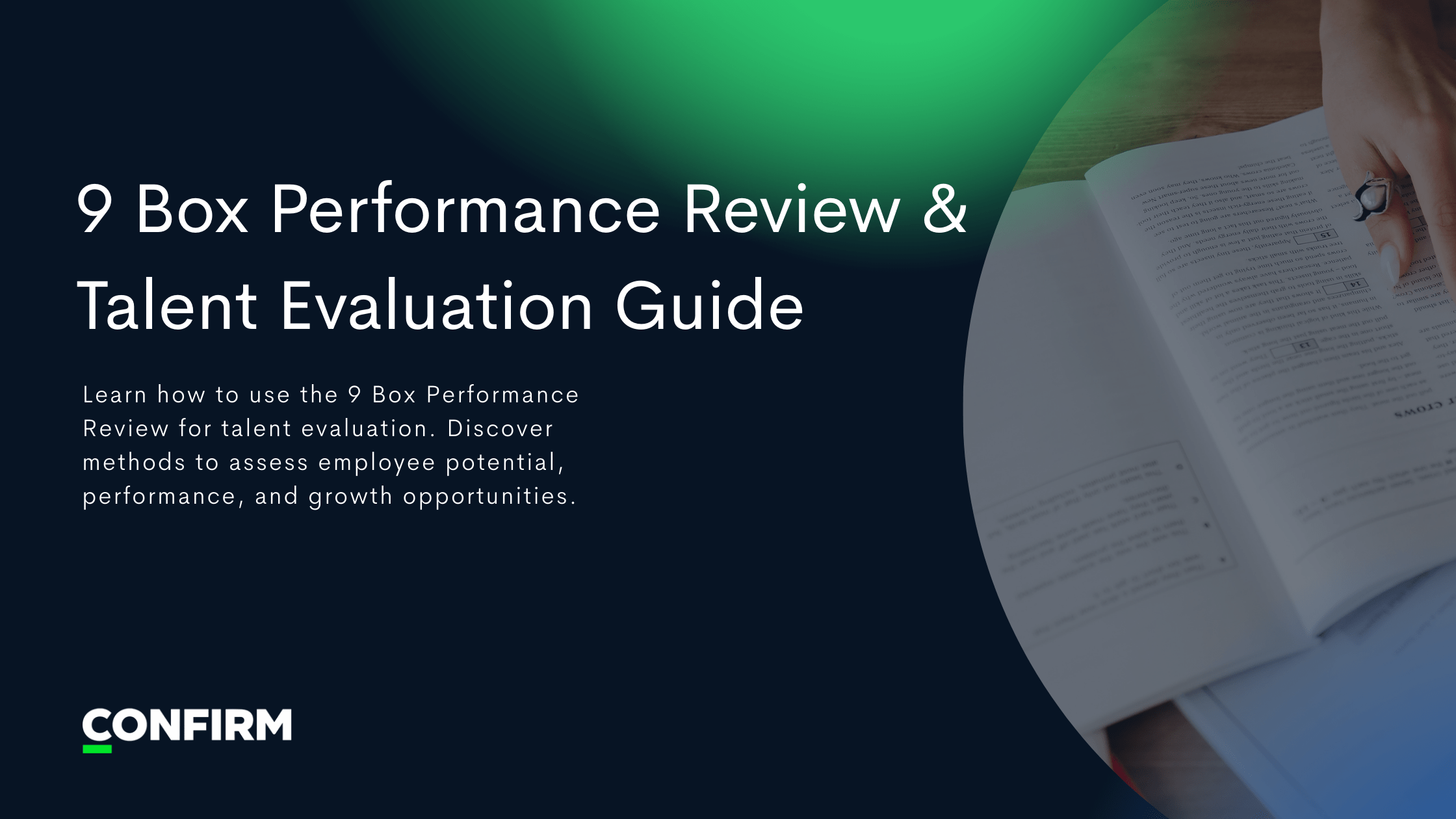
Blog post
How To Have Difficult Performance Review Conversations: A Guide For People Managers
Mastering the art of difficult performance conversations is key to unlocking team potential, even though they can be awkward

Nobody likes performance conversations. Annual review? Thumbs down. Mid-week feedback session? 0 stars, do not recommend. Performance conversations are uncomfortable for managers and employees. They're verbal minefields of stress! But these discussions can also produce great results for your organization.
Effective performance conversations create growth for employees, teams, and organizations. Read this guide and learn techniques to conduct effective, empathetic performance conversations.
The Importance of Good Performance Conversations
1. Individual Growth:
Performance conversations build roadmaps for individual growth. Constructive feedback helps them understand what they are good at and where they can improve. From there, they can map out a growth path to enhance their skills and competencies.
2. Team Dynamics:
A great team relies on open communication and working together. Managers must address performance issues in a direct and constructive manner. It sets clear expectations and standards for the entire team. This helps them do their best work.
3. Organizational Success:
Individuals and teams impact how well an organization performs.Effective performance management conversations ensure better alignment with company mission and objectives. They build a culture of accountability, innovation, and continuous improvement. They set your organization up for success. And that's all we want right? A workforce that is motivated and focused on growth knows what to do and where to go next.
Strategies for Navigating Difficult Conversations
1. Prepare Ahead of Time:
Before you have a challenging talk about someone's performance, make sure you're ready. Review specific examples. Gather relevant data. Write down expectations and standards. Preparing helps you deliver clear feedback that can be acted upon.
2. Choose the Right Setting:
Create a comfortable setting for the conversation. Choose a neutral space where both parties can speak without the fear of judgment. This sets the scene for a constructive, respectful discussion.
3. Focus on Behavior, Not Personality:
People can change behaviors. They can't change their personalities. Focus your feedback on specific behaviors instead of the individual's character. Pro-tip: Give specific examples and present feedback as a chance to make positive changes.
4. Active Listening:
Good communication goes both ways. Listen during the conversation. Allow the employee to share their perspective, concerns, and ideas for improvement. When someone speaks to you, show that you are listening by nodding and looking them in the eye. Managers that show empathy and willingness to collaborate are way ahead of the game.
5. Offer Constructive Feedback:
Don't focus solely on what went wrong. Provide constructive feedback on how to improve. Offer clear and actionable suggestions. Set realistic goals for the employee. Discuss the support and resources available for their success.
6. Collaborative Goal Setting:
Include the employee in setting goals. Encourage them to take ownership of their performance improvement plan. Help them set objectives that are achievable and measurable. These objectives should align with both personal and organizational goals.
7. Follow Up and Support:
Performance improvement is an ongoing process. Schedule regular follow-up meetings with your employee. This helps you and the employee track progress, celebrate wins, and address challenges. Providing ongoing support demonstrates a commitment to the employee's success.
The Ripple Effect of Effective Performance Conversations
1. Employee Morale and Engagement:
Every manager wants their people engaged and motivated. This goal is impossible if employees don't understand their goals or expectations. Effective performance conversations reduce confusion and create shared purpose.
2. Team Productivity:
Addressing performance issues promptly is crucial for uninterrupted team productivity. It allows the entire team to focus on their work. Team members need to know you hear their concerns. Only then will engagement, retention, and productivity will rise.
3. Organizational Culture:
Performance conversations shape the culture of an organization. This is your opportunity to communicate company values and expectations. A healthy culture enables your organization to attract and retain top talent. It sets the tone for a dynamic and forward-thinking workplace. But you can't do it without effective performance management conversations.
Managers must lead these discussions with empathy, preparation, and a focus on improvement. These discussions contribute to growth on the individual, team, and organizational level. So take the first step. Embrace the challenge and awkwardness of performance management! Treat it as an opportunity to raise everyone's game.
Ready to see Confirm in Action?
See why forward-thinking enterprises use Confirm to make fairer, faster talent decisions and build high-performing teams.









